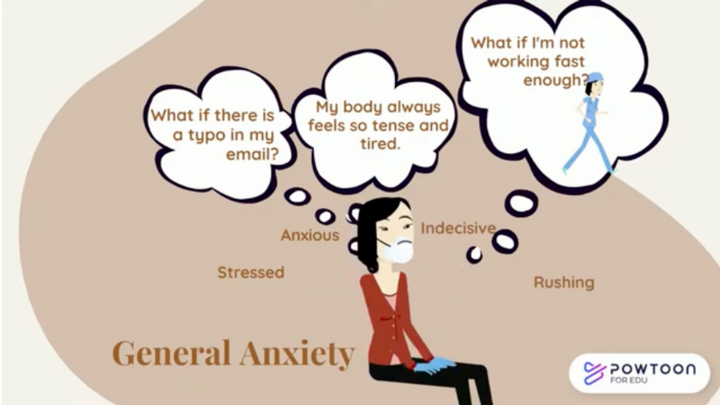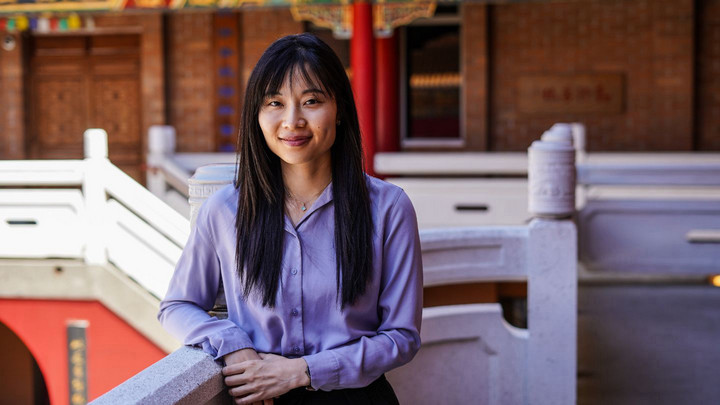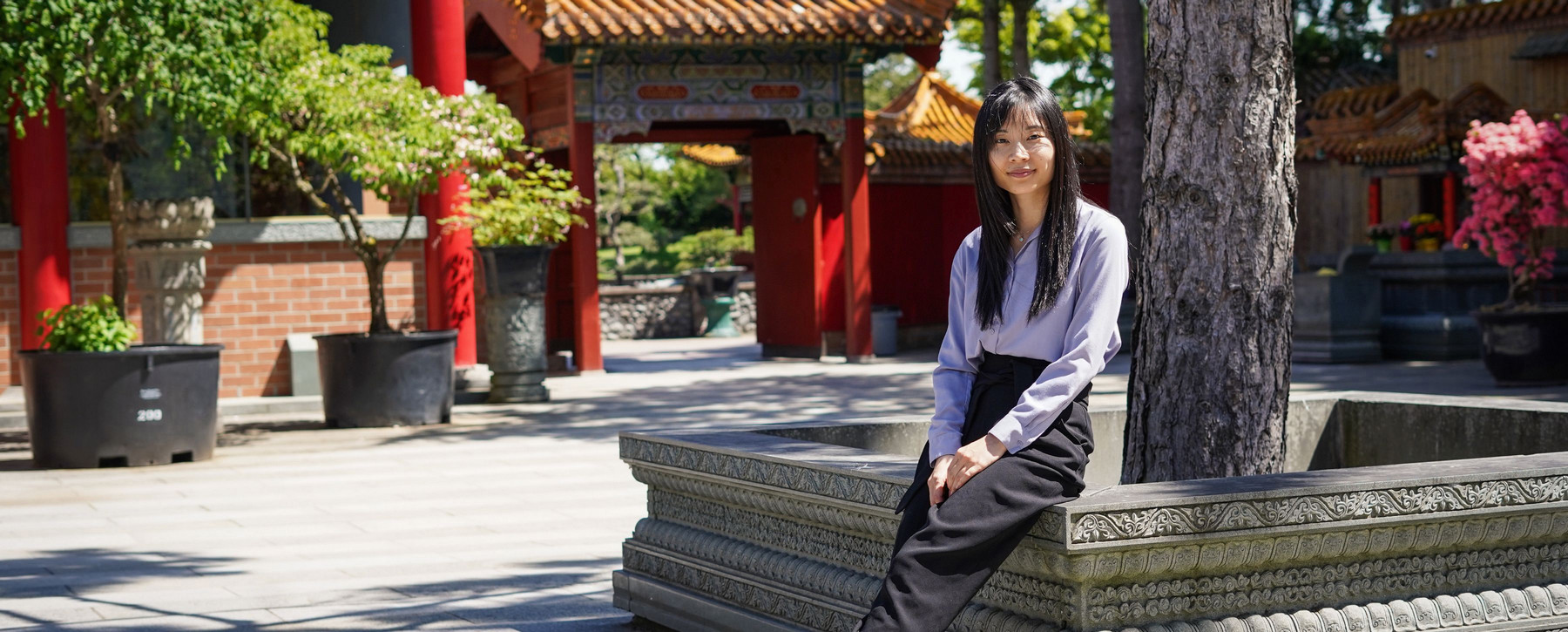Digital resources to support mental health
PhD student Cindy Quan used funding from a graduate award for innovation to create an online space where people find understanding, guidance and a way forward.
Almost everyone is affected by the hidden, often unspoken, impacts of mental illness, be it through personal struggles or concern for friends and family members. According to the Canadian Mental Health Association, one in five people in Canada faces a mental-health problem each year, and half the population will have or have had, a mental illness by age 40. Systemic inequalities, such as racism and discrimination, can intensify these struggles, especially when accessing support is stigmatized or out of reach.
Recognizing this, second-generation Asian-Canadian Cindy Quan (MSc ’18, PhD ’23) explored the nuances and unmet mental-health needs within her own community. Supported in her research by the Whelen Family Innovation Award, Cindy was able to create a tool that immediately addressed these needs and will continue to far into the future.
Cindy’s interest in the intersection of applied clinical psychology research and underserved populations brought her to the University of Victoria to complete a doctoral degree with Dr. Catherine Costigan. “I noticed that there was little research about mental-health within Asian Canadian communities, so I wanted to find an advisor who conducted research with people of diverse backgrounds,” she reflects.
In 2021, when in-person research opportunities seemingly dissolved overnight due to the COVID-19 pandemic, Cindy’s PhD project took on a more practical and urgent focus. An increase in documented anti-Asian racism, both portrayed by the media and experienced by people close to Cindy, further emphasized the need for mental-health support. Amidst this heightened vulnerability, she saw an opportunity for her research to make a meaningful improvement.
"I wanted to find a way to develop a resource for Asian communities to learn more about mental health and hopefully encourage people to seek help if they notice they are struggling. I thought, well if I'm going to reach people, the best way to do it is online at this time.”—Cindy Quan
Building accessible, tailored support
Her idea was simple, yet innovative: an online space where anyone, regardless of their cultural background or familiarity with mental-health terminology, could find understanding, guidance and a way forward.
Without prior training in entrepreneurship or computer science, Cindy leveraged a user-friendly platform to transform complex psychological concepts into easily digestible, animated content that prompts reflection and self-awareness. Creating and designing this accessible culturally sensitive tool was out of Cindy’s comfort zone, so she established an advisory board of 17 diverse individuals within the Asian community. Regularly getting input from this group helped her develop content for the platform that was reflective of various ages, educational backgrounds, experiences with mental illness, English language abilities, and diversity within the Asian-Canadian communities. This collaborative approach meant the resource was informative and resonated deeply with its intended audiences.

Making an immediate difference
Almost immediately, engagement on the Asian Mental Health Program surpassed Cindy’s expectations. Nearly 100 people went through the program, taking steps toward addressing their mental health concerns. This practical tool put expert knowledge into the hands of people who need it.
Almost half of the participants in the study reported that they had sought help for their own mental-health during the study period. Afterwards, they reported reduced stigma towards seeking mental-health services, more positive attitudes towards mental-health services, and felt more confident in their ability to navigate the complex system of accessing those services.
“What struck me the most was how empowering it was for people to just be able to get information. Some participants sought help, and for some who didn’t, they told me, ‘Well, now if things do get worse, at least I know where I would go or what I would do next.’ …having that knowledge, even if it's not for that immediate moment, was something really valuable,” she says.
Donor support opens the door to possibilities
Behind the project’s success was encouragement from visionary donors. Cindy was the inaugural recipient of the Whelen Family Innovation Fund, which provided the financial resources needed to bring her concept to life. Through UVic’s Innovation Centre, she also had access to mentors and advice to help design and build the platform. Cindy initially was hesitant to apply for the award, unable to see herself as an innovator. Receiving this funding completely changed her perspective about what’s possible for her coming from a research background.
“I never thought of myself as having an entrepreneurial or innovative side. Walking away from this experience I’m realizing lots of things from many different fields could be applied to fill a gap in the current mental health landscape. It doesn't require you to have a business background or a tech background. It's given me more possibilities than I thought about before.”—Cindy Quan, pyschology, Whelen Family Innovation Award for Graduate Students.

Just getting started
After successfully defending her PhD in 2023, Cindy now works in the public mental-health sector in Vancouver. She believes mental-health care should be accessible to everyone, so the need for innovative, creative solutions to meet rising demands for support still weighs on her mind. She is refining the data and feedback from her research participants and considering future collaborations and applications for her platform.
“I’m still interested in developing online resources for the Asian communities, or other communities that traditionally haven't been a focus of mental-health and mental-health knowledge creation,” she says. Today, Cindy is collaborating with Dr. Nigel Lou on a different project to build digital resources for Asian-Canadian families.
The funding didn’t just help build a mental health resource—it helped Cindy become an innovator dedicated to creating real-world solutions. In a world where mental illness impacts so many, Cindy’s work provides hope, thanks to donors who invest in research and innovation.
To read more about the impact of donor generosity, visit the 2024 UVic Annual Report to Donors.
Learn more about giving to UVic.

